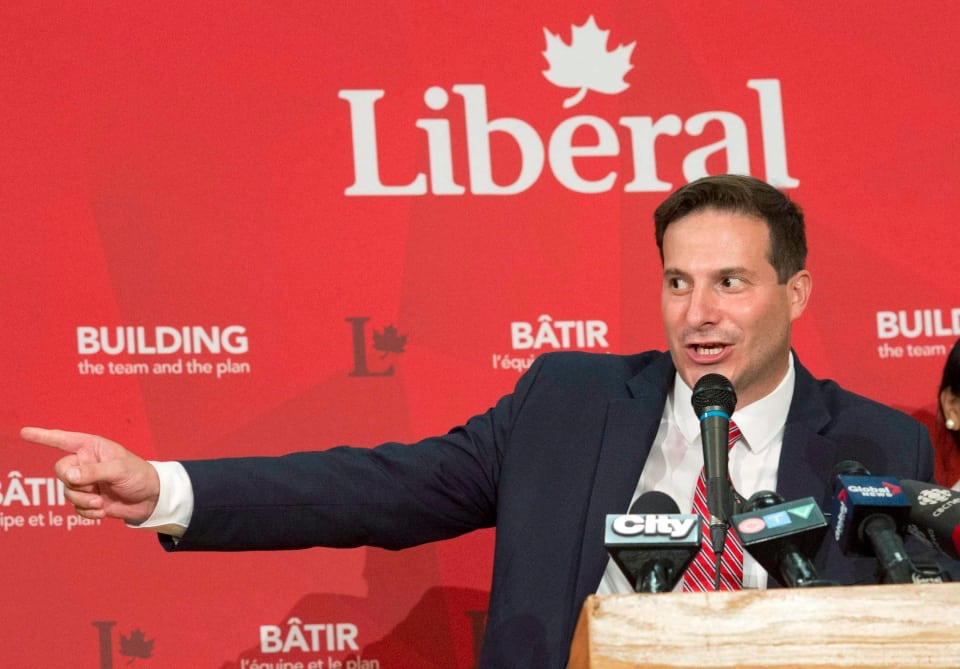2019-11-21 – Canada’s new federal immigration minister is former Crown Prosecutor Marco Mendicino.
The Liberal MP takes over at Immigration, Refugees and Citizenship Canada (IRCC) from Ahmed Hussen, who becomes minister of Families, Children and Social Development.
Mendicino is a newcomer to Prime Minister Justin Trudeau’s cabinet, having been a parliamentary secretary for the Minister of Justice and Minister of Infrastructure during the last parliament.
He also co-chaired the Liberal Party’s successful Ontario election campaign.
Mendicino takes over the immigration file with a number of promises having been made in the Liberal platform ahead of the recent election.
With Trudeau re-elected as the head of a minority government, proposed changes will require support from other parties to make it through parliament.
Summary of Trudeau’s Proposals on Immigration and Citizenship
- Continued modest and reasonable immigration increases.
- Creation of a new Municipal Nominee Program.
- Making the Atlantic Immigration Pilot permanent.
- Modernization of the Safe Third Country Agreement with the U.S.
- Abolishing the citizenship application fee.
1) Continued managed immigration level increases
Given the consensus already mentioned between Canada’s main parties, a continuation of managed immigration increases under the Liberals can be expected.
The 2018 immigration levels plan saw numbers expected to rise to 350,000 newcomers per year by 2021.
2) Creation of a new Municipal Nominee Program
The Liberals have proposed a new Municipal Nominee Program to help smaller communities struggling with ageing populations and shrinking labour forces.
The MNP would operate alongside the existing Provincial Nominee Program, with a minimum allocation of 5,000 spaces per year.
3) Making the Atlantic Immigration Pilot permanent
The Atlantic Immigration Pilot is another program introduced by the Liberals aimed at bringing more immigrants to a region struggling with ageing populations and shrinking labour markets.
Initially introduced as a pilot, the Liberals propose to make it permanent.
4) Modernization of the Safe Third Country Agreement with the U.S.
The steady flow of asylum seekers crossing the border from the U.S. at unrecognized points has been contentious for Trudeau throughout his first term.
Those numbers increased beyond 2018 levels in the summer months, meaning it remains a major issue, particularly in Quebec as the province that receives 95 percent of border crossers.
5) Abolishing the citizenship application fee
Trudeau’s proposal to abolish the $630 citizenship application fee ($530 for processing and $100 ‘right of citizenship’ fee) is projected to cost taxpayers $100 million per year.
It is unclear where the other parties stand on this. The fee was significantly increased under the previous Conservative government.



